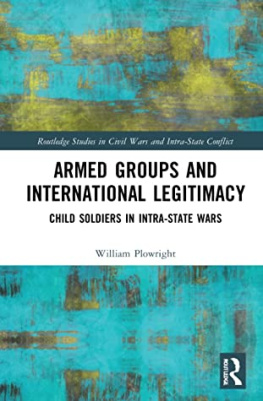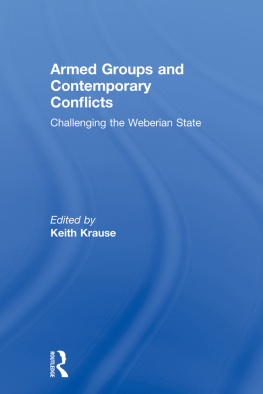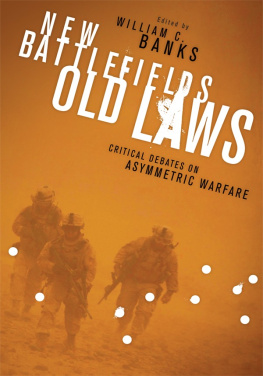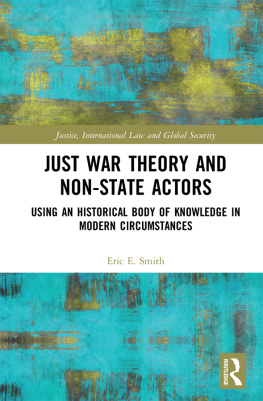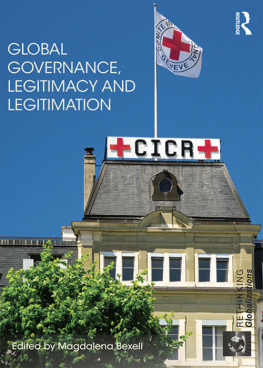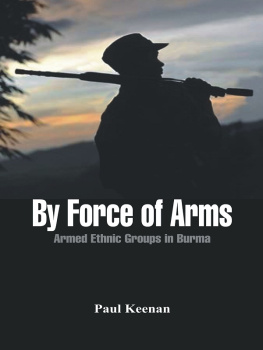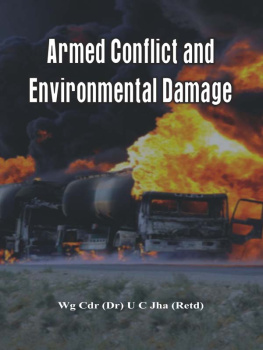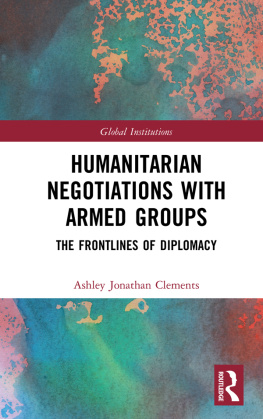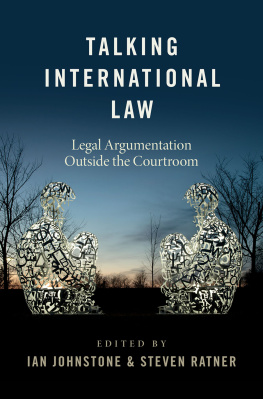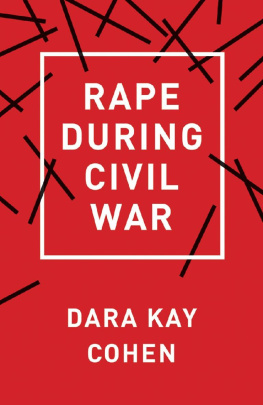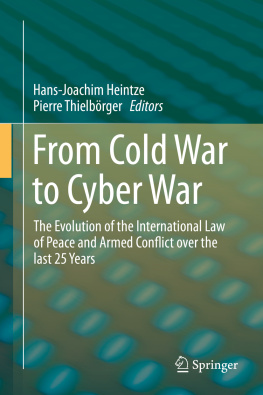Armed Groups and International Legitimacy
This book analyses the issue of child soldiers in order to understand how armed groups engage with international organizations to gain international legitimacy.
The work examines why some armed groups follow the rules of international humanitarian law and others do not. It argues that armed groups in conflicts around the world engage with international organizations in order to gain international legitimacy and to show they are following the laws of war. By examining the issue of child soldiers in contemporary armed conflict, the volume establishes a typology of which groups will engage with international actors and follow the laws of war and which will not. The main aim of the book is to understand the rationality of even the most violent of actors, and to understand when and how armed groups can be encouraged to follow the laws of war. The work draws from extensive primary research conducted among armed groups in Syria and Myanmar, including al-Qaeda, the Islamic State, and the many small ethnic insurgent groups of Myanmar.
This book will be of much interest to students of war and conflict studies, security studies, international humanitarian law, and International Relations.
William Plowright is currently a Post-Doctoral Fellow at the University of Amsterdam, Netherlands.
Routledge Studies in Civil Wars and Intra-State Conflict
Series editors: Edward Newman,School of Politics and International Studies, University of Leeds, UK; and Idean Salehyan, University of North Texas, USA.
This series publishes theoretically rigorous and empirically original scholarship on all aspects of armed intrastate conflict, including its causes, nature, impacts, patterns of violence, and resolution. It welcomes work on specific armed conflicts and the micro-dynamics of violence, on broad patterns and cross-national analyses of civil wars, and on historical perspectives as well as contemporary challenges. It also seeks to explore the policy implications of conflict analysis, especially as it relates to international security, intervention, and peacebuilding.
Territorial Separatism in Global Politics
Causes, Outcomes and Resolution
Edited by Damien Kingsbury and Costas Laoutides
Armed Group Structure and Violence in Civil Wars
The Organizational Dynamics of Civilian Killing
Roos Haer
Social Movements and Civil War
When Protests for Democratization Fail
Donatella della Porta, Teije Hidde Donker, Bogumila Hall, Emin Poljarevic and Daniel Ritter
Foreign Intervention, Warfare and Civil Wars
External Assistance and Belligerents Choice of Strategy
Adam Lockyer
Armed Groups and International Legitimacy
Child Soldiers in Intra-State Conflict
William Plowright
For more information about this series, please visit: https://www.routledge.com/Routledge-Studies-in-Civil-Wars-and-Intra-State-Conflict/book-series/CIVILWARS
First published 2021
by Routledge
2 Park Square, Milton Park, Abingdon, Oxon OX14 4RN
and by Routledge
52 Vanderbilt Avenue, New York, NY 10017
Routledge is an imprint of the Taylor & Francis Group, an informa business
2021 William Plowright
The right of William Plowright to be identified as authors of this work has been asserted by him in accordance with sections 77 and 78 of the Copyright, Designs and Patents Act 1988.
All rights reserved. No part of this book may be reprinted or reproduced or utilised in any form or by any electronic, mechanical, or other means, now known or hereafter invented, including photocopying and recording, or in any information storage or retrieval system, without permission in writing from the publishers.
Trademark notice: Product or corporate names may be trademarks or registered trademarks, and are used only for identification and explanation without intent to infringe.
British Library Cataloguing-in-Publication Data
A catalogue record for this book is available from the British Library
Library of Congress Cataloging-in-Publication Data
Names: Plowright, William, 1982 author.
Title: Armed groups and international legitimacy : child soldiers in intra-state conflict / William Plowright.
Description: Abingdon, Oxon ; New York, NY : Routledge, 2021. |
Series: Routledge studies in civil wars and intra-state conflict |
Includes bibliographical references and index.
Identifiers: LCCN 2020042705 (print) | LCCN 2020042706 (ebook) |
ISBN 9780367649319 (hardback) | ISBN 9781003127024 (ebook)
Subjects: LCSH: InsurgencyCase studies. | Child soldiersCase studies. | Non-state actors (International relations) |
International agencies. | WarMoral and ethical aspects. |
War (International law)
Classification: LCC JC328.5 .P585 2021 (print) | LCC JC328.5 (ebook) | DDC 355.0083dc23
LC record available at https://lccn.loc.gov/2020042705
LC ebook record available at https://lccn.loc.gov/2020042706
ISBN: 978-0-367-64931-9 (hbk)
ISBN: 978-1-003-12702-4 (ebk)
Typeset in Times New Roman
by codeMantra
Dedicated to Muhannad and Saint-Fort.
At different times, in different ways, they acted as my guides and mentors in Syria and the Central African Republic respectfully. They shared their knowledge and experience with me, and in the years or months that followed, both died in tragic incidents. They shared a passionate belief that their people shouldnt suffer the nightmare of armed conflict. Struggling against overwhelming odds, they sought an end to the pain and instability that plagued their families, their communities, and their countries. The loss of each of them is a heartbreak felt by their friends and colleagues around the world.
1 Introduction
Armed non-state groups and international legitimacy
You should be afraid of us. Everyone in the West should be afraid of us But tell your friends and family that we do not hate them, and that we do not use child soldiers. This is very important because it is against Islam, and we want the world to know it.
X. (Name withheld), Islamic State of Iraq and al-Sham (
It is very sad; children are supposed to be in school. Instead, you see [them] dying in the front lines.
Colonel New Dah Mya, Karen National Liberation Army Kayin State, Myanmar, 2012
The puzzle
Late on a summer night in Aleppo, as the regimes bombs fall around us, an exhausted leader of the Free Syrian Army explains the armed groups recruitment strategy, showing the mechanisms by which children are prevented from joining. In Myanmar, a general of a minority ethnic rebellion proudly displays children who have been demobilized from his armed group, and who are now studying. These events may at first appear unrelated and unconnected. They are not. Both represent trends in conflicts around the world, in which armed groups are changing their behaviour in order to gain international legitimacy by engaging with salient norms associated with international humanitarian law (IHL), in this case, the norm prohibiting the use of children as soldiers.
The use of children and youths as fighters is a problem that pervades conflicts the world over. Although the precise number is difficult, if not impossible, to determine, child soldiers are present in significant numbers in conflicts around the world.

